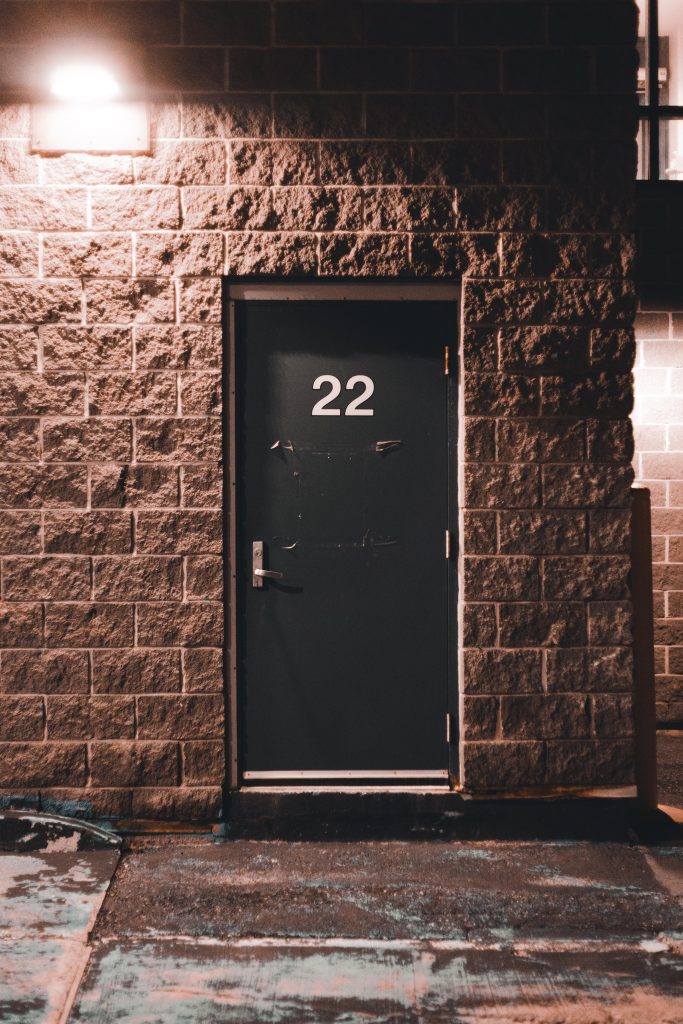
Why Puppies Bark at Their Owners
Puppies communicate through various behaviors, and barking is one of the primary ways they express themselves. Here are some common reasons why your puppy may bark at you:
Excitement
– Puppies often bark in excitement, such as when you come home or during playtime.
– To address this, it’s essential to redirect their energy positively and reinforce calm behavior.
Fear or Anxiety
– Fearful or anxious puppies may bark to seek reassurance or protect themselves.
– Building trust and providing a safe environment can help alleviate their anxiety and reduce excessive barking.
Attention-Seeking
– Some puppies bark to gain attention or express their needs, like wanting to play or go outside.
– Teach your puppy alternative ways to request attention without barking excessively.
Training Techniques to Stop Excessive Barking
Positive Reinforcement
– Reward your puppy for quiet behavior with treats, toys, or verbal praise.
– Associate a specific cue word like “quiet” with silence and reward compliance.
Consistency
– Be consistent in your training approach to avoid confusion.
– Reinforce desired behavior every time to help your puppy learn quickly.
Provide Mental and Physical Stimulation
– Engage your puppy in regular exercise and mental challenges to prevent boredom and excessive barking.
– Interactive toys and obedience training can aid in keeping your puppy mentally stimulated.
Ignore Unnecessary Barking
– Avoid reinforcing unwanted barking by ignoring it when it’s not necessary.
– Once your puppy stops barking, immediately provide positive reinforcement for quiet behavior.
Conclusion
Understanding the reasons behind your puppy’s barking behavior and implementing consistent and positive training techniques are crucial steps in curbing excessive barking. By providing a nurturing environment, offering mental and physical stimulation, and practicing patient training methods, you can cultivate a strong bond with your puppy while teaching them to communicate more effectively. Remember, patience and persistence are key in training your puppy to bark less and enjoy harmonious interactions with you.
[qmp_faq]
Related Reading
- Train Your Pooch With Some Simple Guidelines
- How To Train A Dog Like A Professional Dog Trainer
- Simple Tips And Tricks To Help You Train Your Dog
- Proven Methods Of Effective Puppy Training.
- Great Tips That Can Help You Train Your Dog
[qmp_faq]

